The Faces of West Pomeranian Cinema – Jacek Kamiński
Although the West Pomeranian Voivodeship has no film school (however, we can probably say its beginnings are visible thanks to how the Academy of Art is developing) and no big film studio, films do come into existence here. For years their biggest producer has been Polish Television, especially its Szczecin branch. These films – assembled in an inscrutable archive, on many metal shelves, locked in celluloid rolls, on various tapes, and lately on digital media – hold pictures of past times. A world which no longer exists but which has shaped the times we live in today. The registering of reality, describing it, and naming it is what Jacek Kamiński has been doing, working with Polish Television for several dozen years. He modestly calls himself a studio-based journalist, the archival facts however tell a different story.
This year's Faces of West Pomeranian Cinema are organised (as it has been for a good few years) together with the Szczecin branch of TVP3.
Admission free
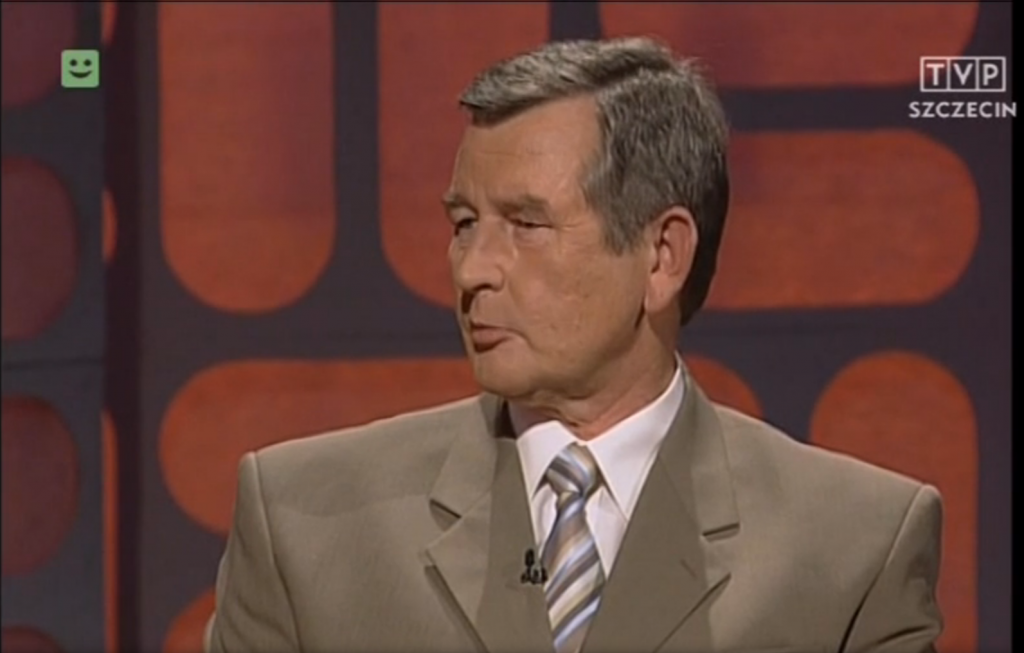
Jacek Kamiński
Wiesław Jacek Kamiński was born in 1943 in Stryj. Most of his professional life he has worked with Szczecin television. Currently, having worked in TVP for 46 years, he is retired. He climbed the ladder of journalism right to the top: from junior editor to commentator, from a rank-and-file journalist, through head of the “Kronika” newscast editorial board, opinion journalism and reportage, to editor-in-chief of the Ośrodek Radiowo-Telewizyjny in Szczecin. He also gained his professional experience cooperating with the Warsaw TVP editorial boards. Has co-authored for Studio 2 and Studio 8. He believes his greatest success to be the launch of Kanał 7, a local television program in TVP Szczecin, one independent from the Warsaw structures. In its prime Kanał 7 used to broadcast over a dozen hours of original program created by Szczecin journalists, complementing the offer with licensed entertainment and sport programs, as well as with classical music concerts. At that time Szczecin was the only city in Poland with an independent, self-reliant television free from Warsaw's supervision, and it enjoyed great popularity among the viewers.
As the director of TVP Szczecin he has initiated the building of a modern television base in our town. It is thanks to him that Szczecin has a station with two television studios and modern technical resources. As a journalist Jacek Kamiński has done mainly studio-based opinion journalism, only occasionally turning to film forms.
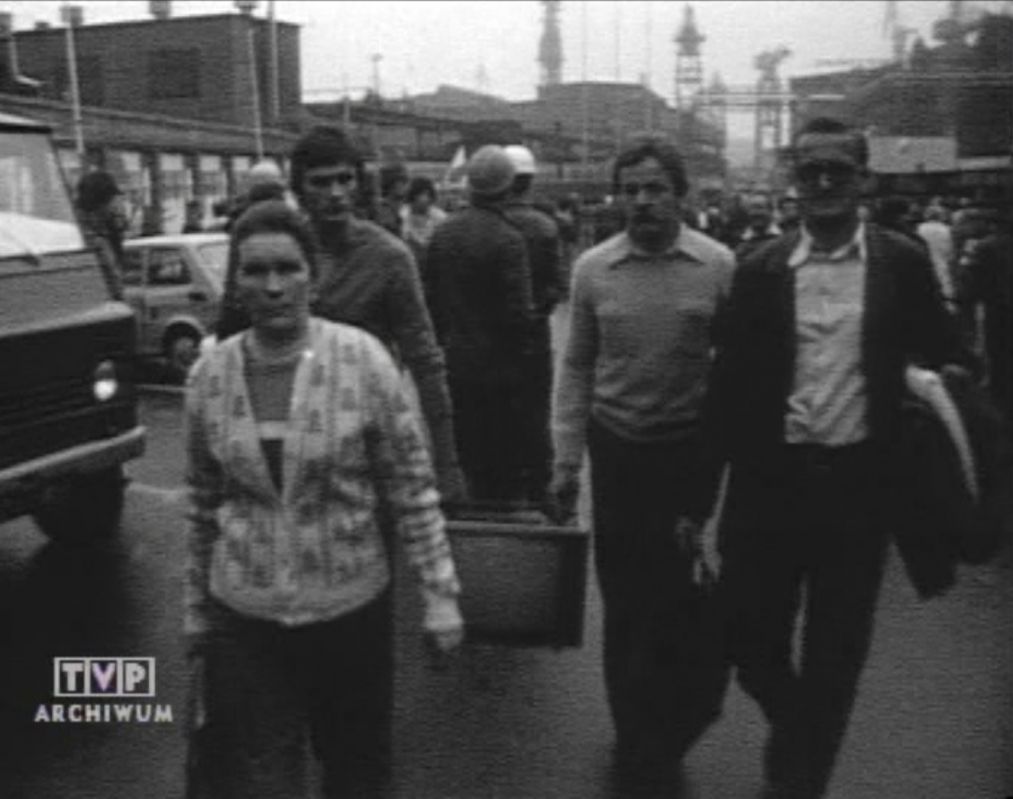
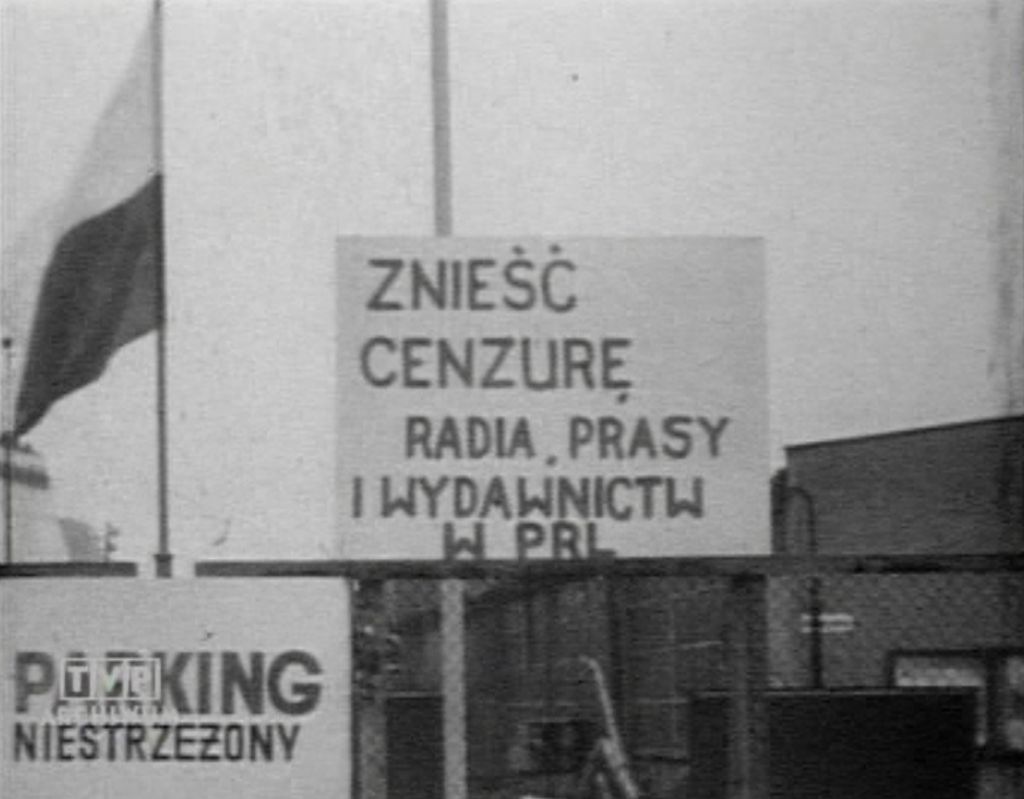
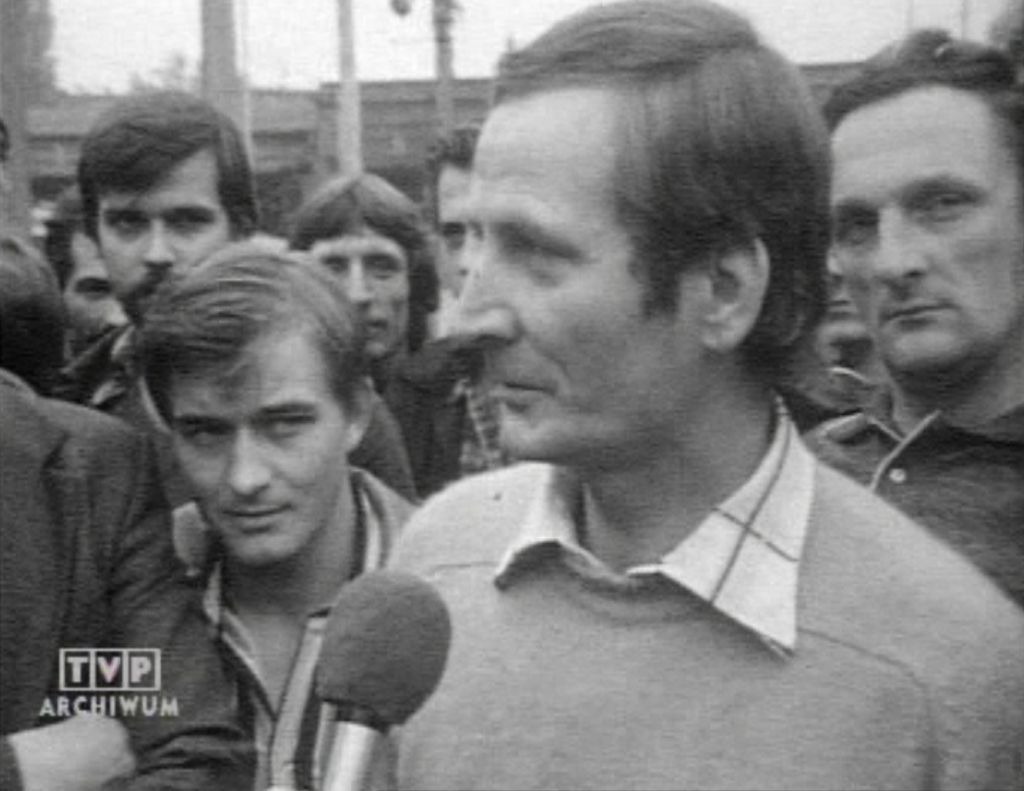
Po roku... , rok produkcji: 1984, reżyseria: Jacek Kamiński, zdjęcia: Andrzej Gertych
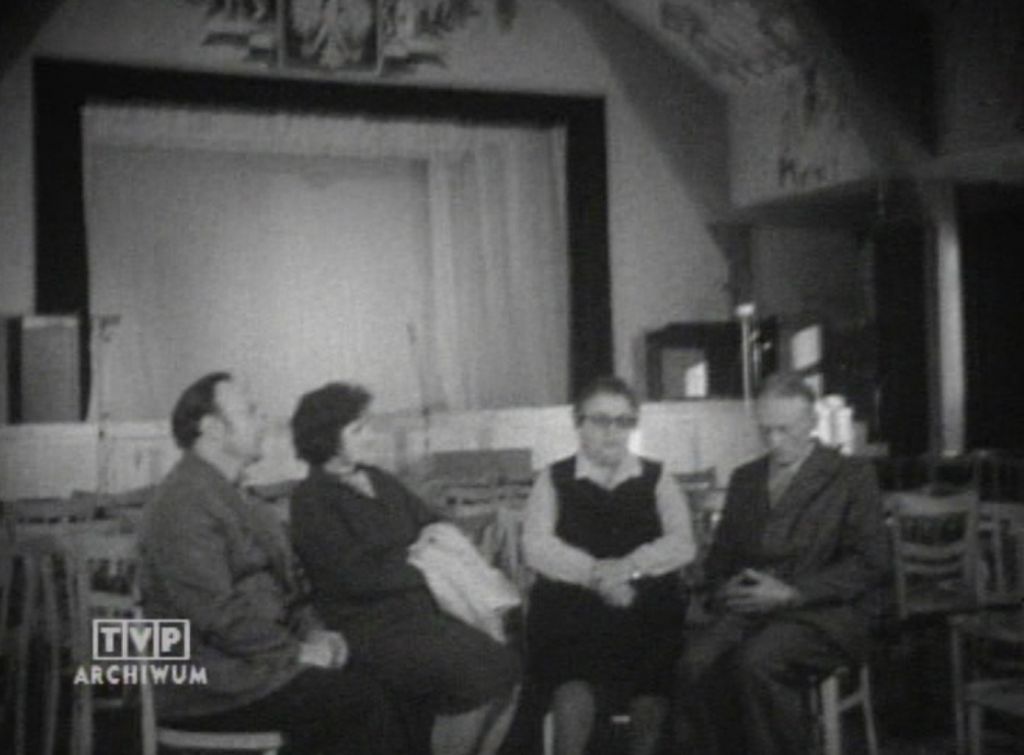
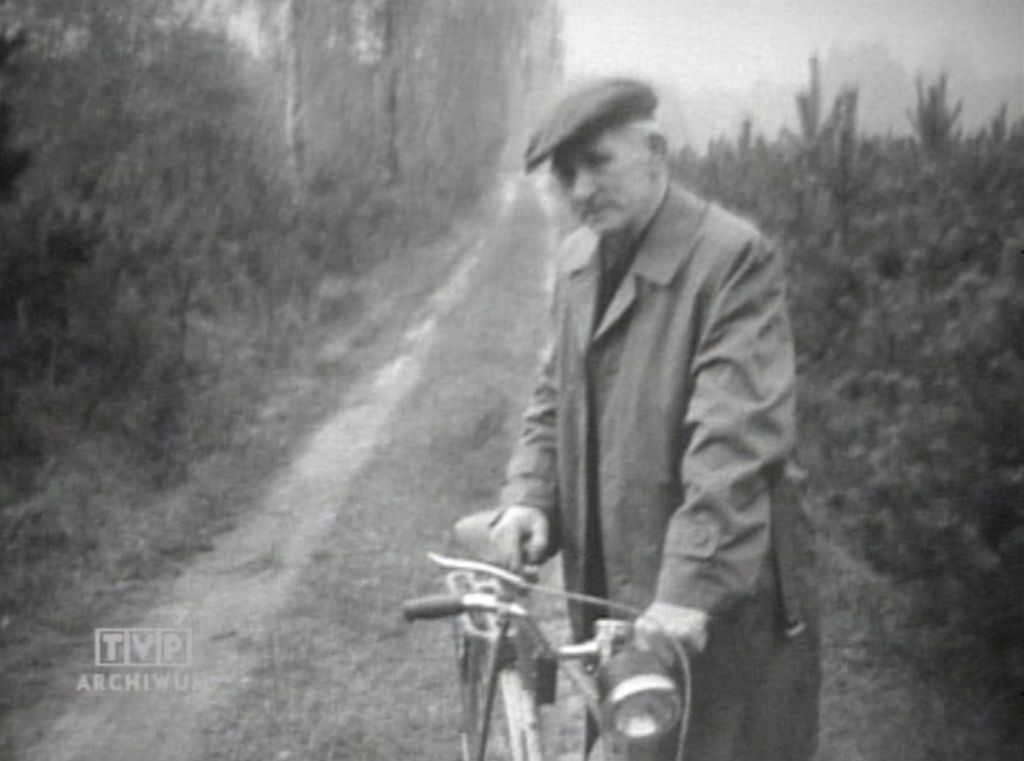

Mała Warszawa – Zakrzewo, 1978, rezyseria: Jacek Kamiński, zdjęcia: Irena Piotrowska
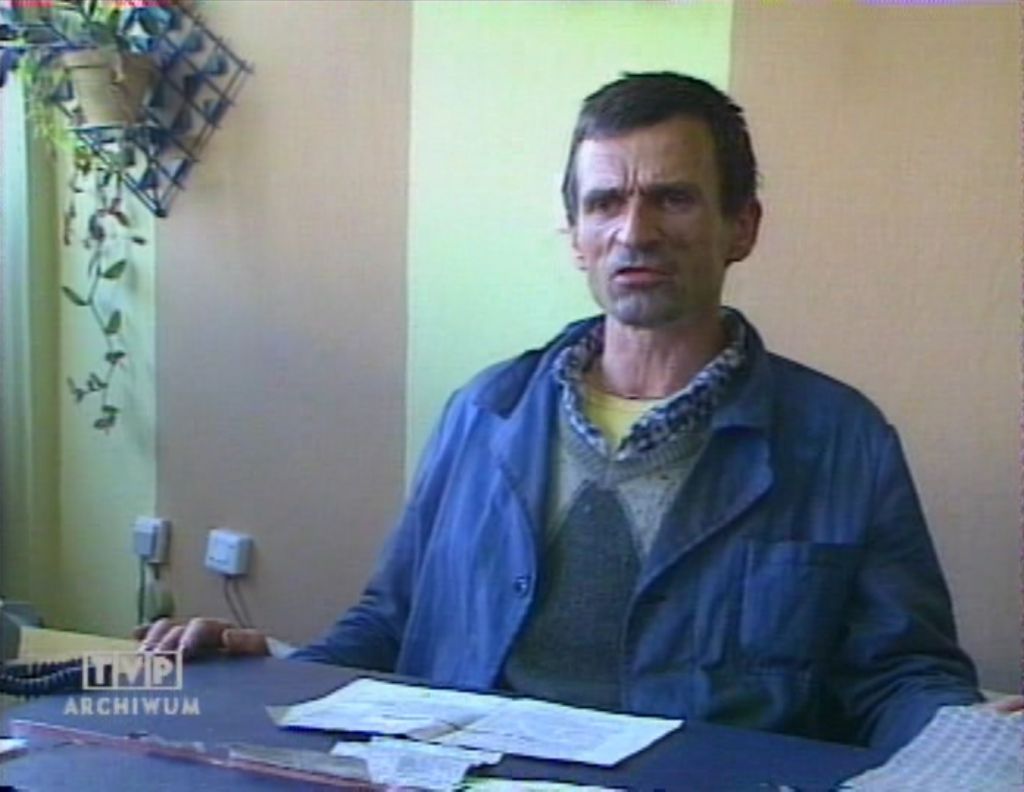

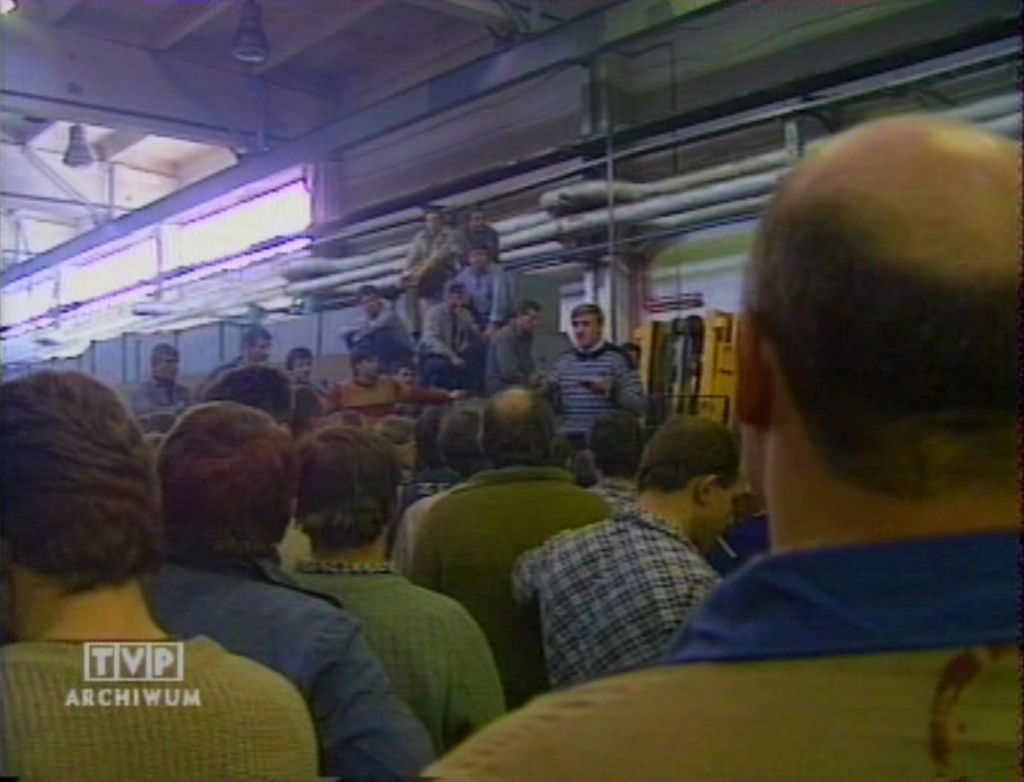
Bunt w więzieniu w Goleniowie, 1989, reżyseria: Jacek Kamiński, zdjęcia: Jan Kuźmiński
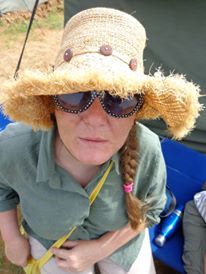
Curator: Małgorzata Frymus
Past events
- 19.10.2016, 14:00 - 16:00, Stowarzyszenie Kamera, The Faces of West Pomeranian Cinema – Jacek Kamiński
Filmy poprzednich edycji
- Bunt w więzieniu w Goleniowie21’42”
Production: PL 1989
The year 1989. The prisoners from Goleniów, inspired by the wind of change blowing in Poland, wished change also upon themselves. Not wanting to be abused and marginalised, they go on strike. On the verge of the last decade of the 20th century peaceful changes start taking place in Central Europe. The rebellion in prison is a world phenomenon – the inmates are protesting, and expect better treatment. The film records those historical events.

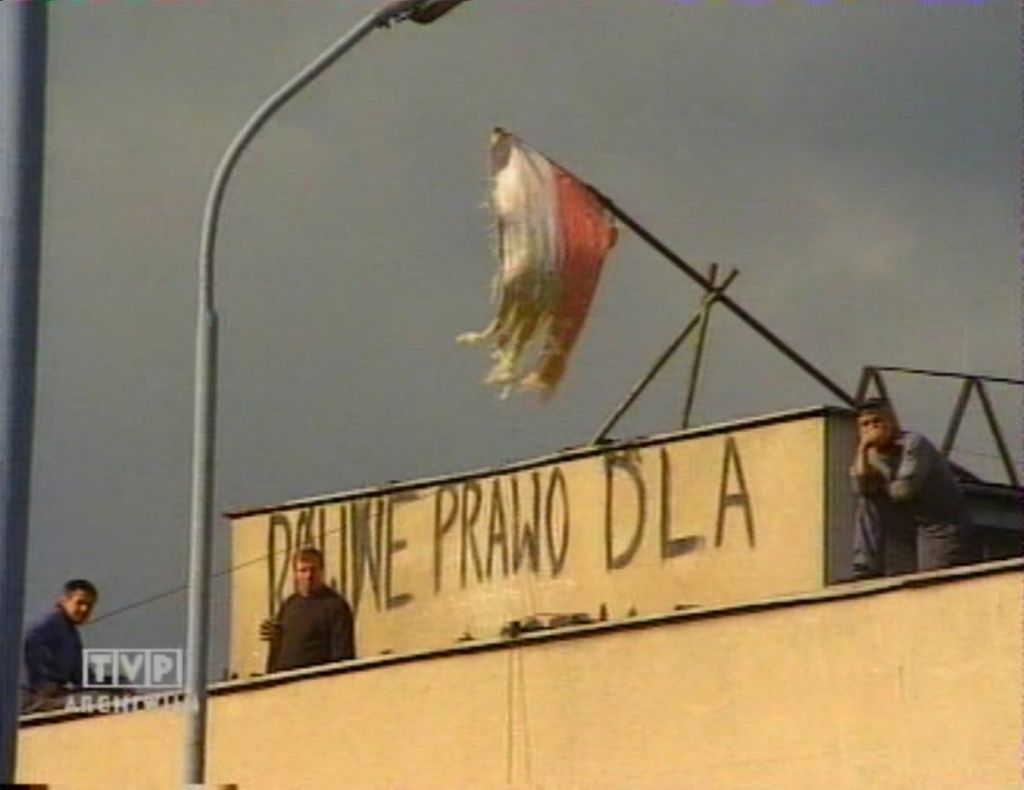
read more
- Mała Warszawa - Zakrzewo22’03”
Production: PL 1978
Zakrzewo – a village located 10 kilometres from Złotów. After Poland regained its independence in 1918, this rural area became German territory. The rest of the region remained Polish territory. The village was home to only 4 German families, all other inhabitants were Polish. It was not until 1929 however that it was permitted to open a private Catholic school with Polish language. Before the Second World War Zakrzewo was called “Little Warsaw.”


read more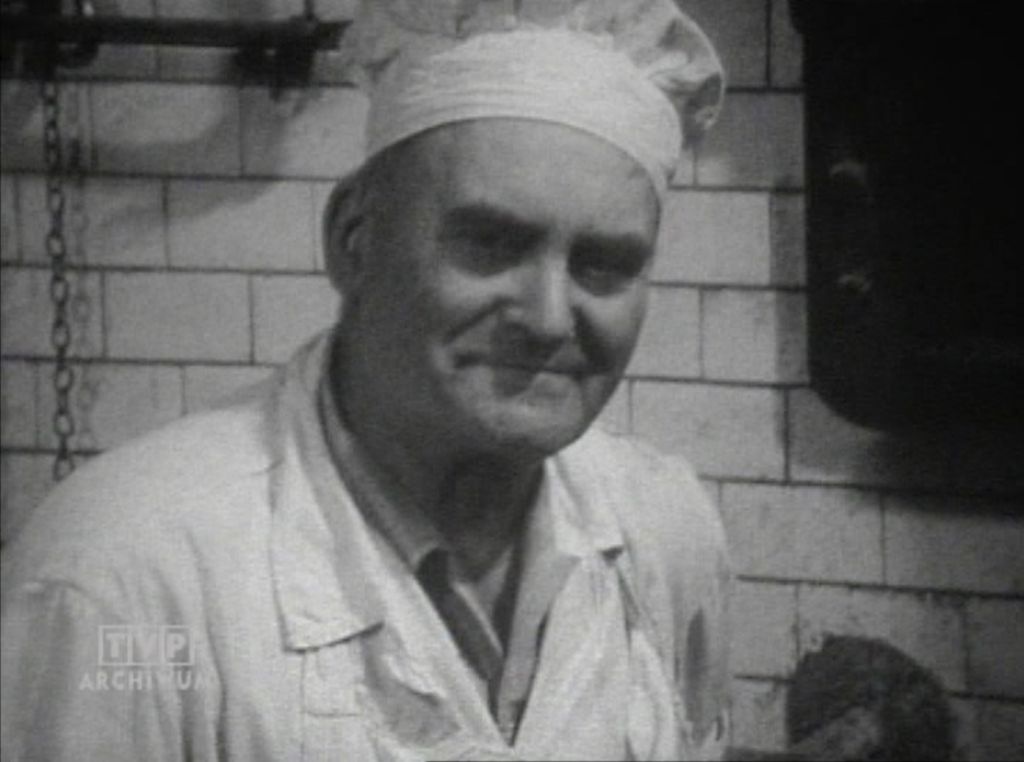
- Po roku...23’31”
Production: PL 1982
Szczecin, August 30th 1980. Some of the most important workers' protests in the Polish People's Republic are coming to an end. The reporter visits one of the largest companies in Szczecin and talks to the protesters. The Stocznia im. Adolfa Warskiego (shipyard), Wojewódzkie Przedsiębiorstwo Komunikacji Miejskiej (city transportation company), Stocznia Remontowa Parnica (ship repair yard), Zajezdnia Tramwajowa (tram transportation company), Miejskie Przedsiębiorstwo Oczyszczania (municipal cleaning service)... A year later the reporter finds those same people and together they analyse the time that has passed.


read more



